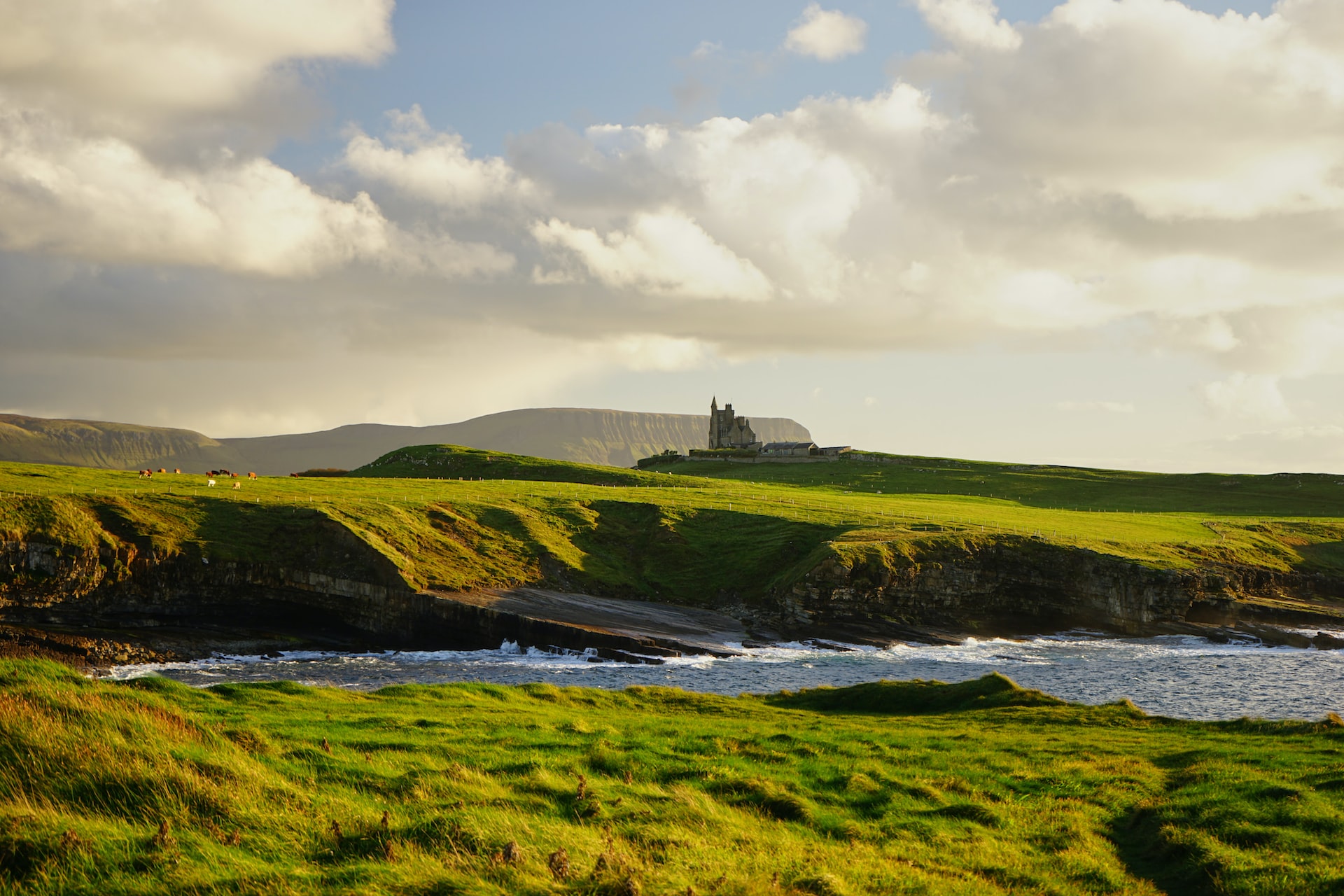Climate Action Plan highlights the opportunities that come with a net zero Ireland

The Climate Action Plan proposed by the Government of Ireland intends to make the country climate neutral by 2050, decreasing emissions by over 7% each year for the next decade. The plan presents a definitive goal of focusing on driving investment and job development across all industries.
Leo Varadkar of Tanaiste recently explained that the decarbonisation plan for the economy would create significant opportunities for Irish businesses. Varadkar highlights that many of the proposed measures are necessary, regardless of the climate challenge and would result in cleaner air, more efficient homes, reduced commutes, improved energy security and a more resilient and higher quality of life for many communities. Varadkar explains that whether these measures involve transforming an entire industry or creating new innovative solutions, the early movers with the ambition will likely be the ones that experience the best results.
Thousands of new jobs will emerge from the climate action plan, and Ireland needs to ensure they deliver a strong pipeline of skills to meet this rising number of opportunities. The Climate Action strategy will present clear steps supporting businesses to understand how climate plans progress.
Eamon Ryan, the Minister for the Environment, Climate and Communications, explains that the Climate Action Plan will put Ireland on a new path, creating a new target to achieve carbon neutrality by 2050, and transforming the economy and society of Ireland completely. The new measures will change how people heat their homes, produce power, travel, grow food and operate businesses. Ryan highlights that the plan indicates that every industry must change its processes to reduce emissions. The minister also believes the measures will generate several brilliant opportunities for Ireland to become a leader in renewables, sustainable agriculture and the circular economy, industries where he believes many jobs in the future will arise.
The climate plan focuses on a general commitment toward net-zero emissions by 2050, via a national 2050 climate objective, following a transition to a climate resilient and climate neutral economy by 2050. Focusing on a 2050 goal and translating this into regulation creates a long-term path for climate action and enable Ireland to create opportunities to transform its economy and society. The climate plan incorporates a series of carbon budgets over the next ten years.
The carbon budgets represent a part of the roadmap of measures that commit Ireland to reach a net-zero target and reduce emissions by 51% by 2030. Minister Ryan believes the carbon budgets are a big step in their efforts toward tackling climate change and suggest they are part of the movement towards net zero. Targets will vary depending on the industry and other factors such as cost, speed and the benefits of emission reductions. While Ryan admits these changes will be challenging, he believes they provide an opportunity to deliver a cleaner, greener economy and society that reduces emissions, generate jobs and protects our people and planet for the future.
Reducing our emissions in half by 2030 presents both a challenge and an opportunity. The Government of Ireland continues to invest in new technologies that will impact markets and how businesses operate.
At the introduction of the Disruptive Technologies Innovation Fund (DTIF), Leo Varadkar stated that climate change is one of the biggest challenges facing our society, and previous DTIF projects have focused on sustainability. Varadkar explains that we require more projects that show strong and positive impacts on climate action.
All technologies must display sustainability credentials and show how the project will support the targets discussed in the new climate action plan. Through the pandemic, we experienced the capability and flexibility of industry and research groups to adapt and tackle new challenges and find solutions to unthinkable situations. The Disruptive Technologies Innovation Fund intends to support this work further.
Blue Carbon, for example, has been selected as how marine ecosystems can reduce the impact of climate change by absorbing and storing atmospheric carbon. Blue Carbon involves the uptake of carbon dioxide from the atmosphere by natural marine and coastal habitats. Funding will support research until 2026, with the Government of Ireland recognising the potential blue carbon offers to tackle climate change.
The government assigned the Marine Institute a research plan to investigate the climate mitigation potential of blue carbon and focus on delivering an inventory that will support the EU in meeting Ireland’s climate change targets.